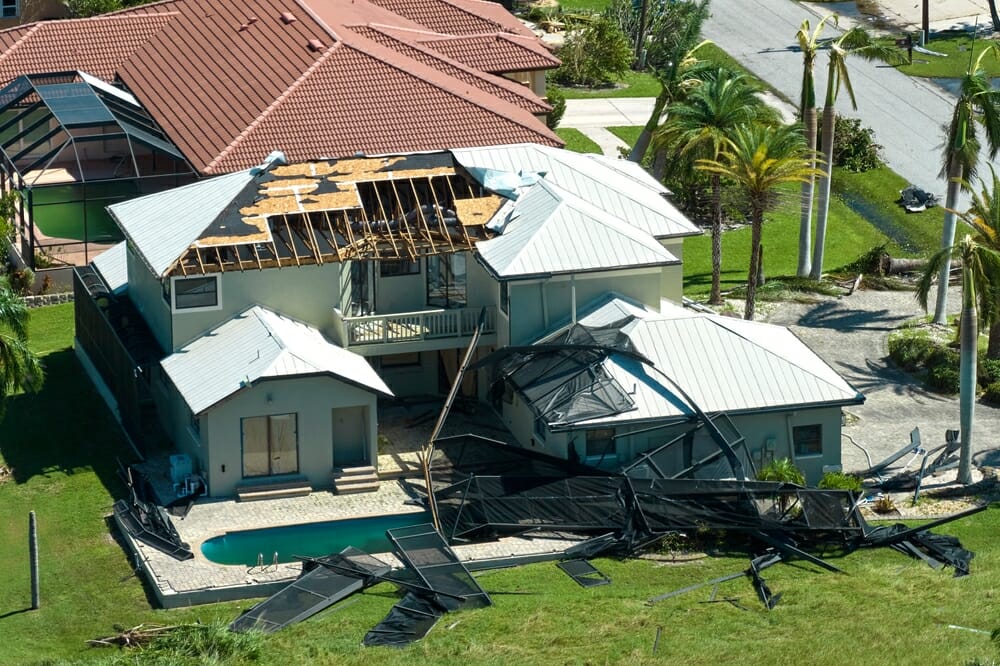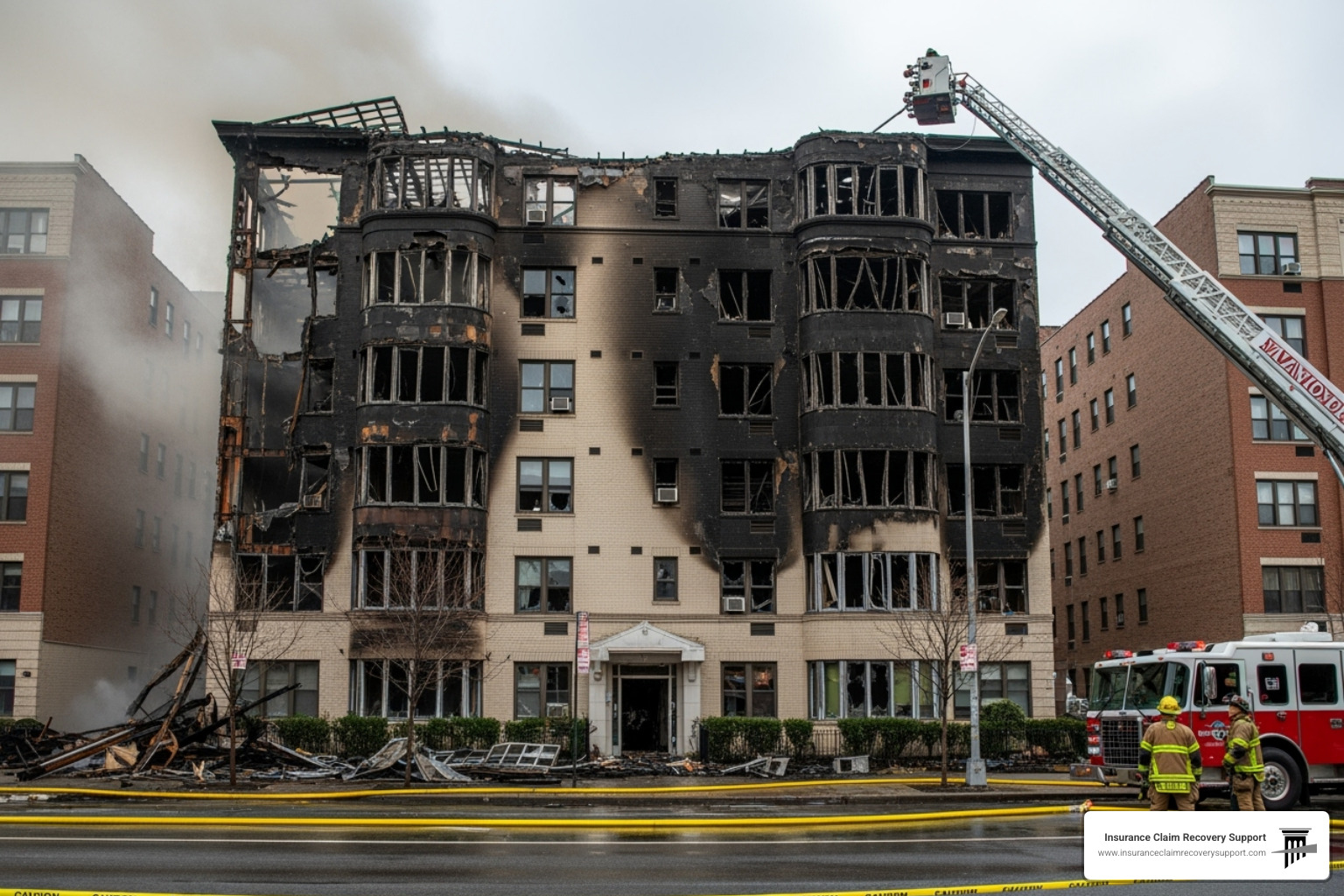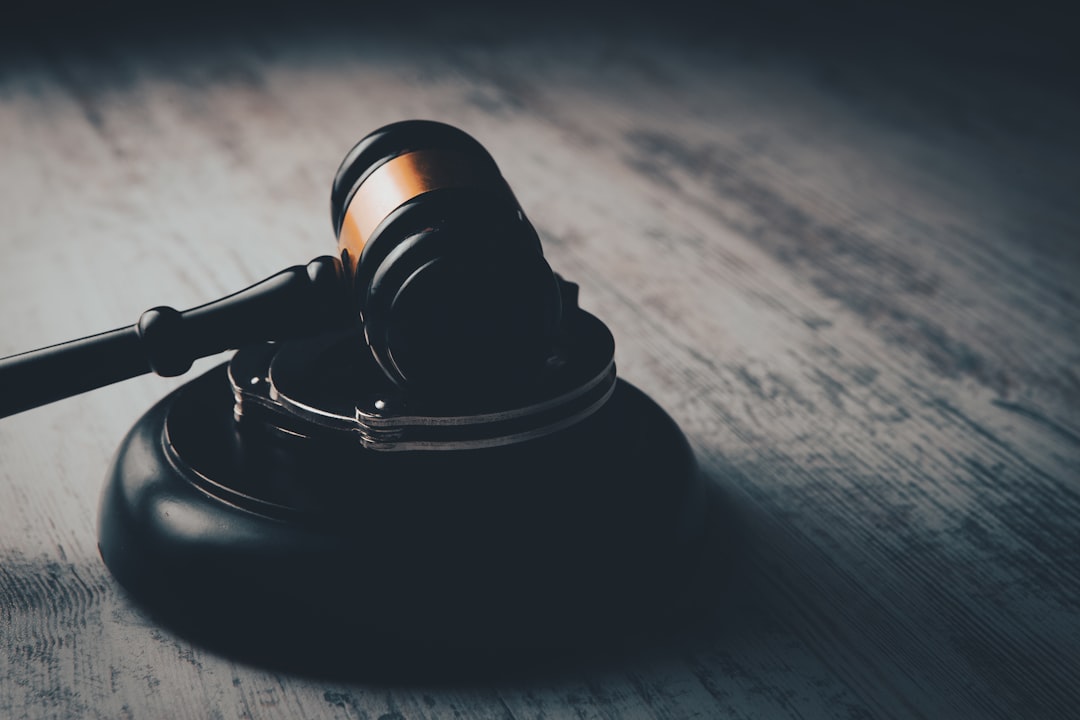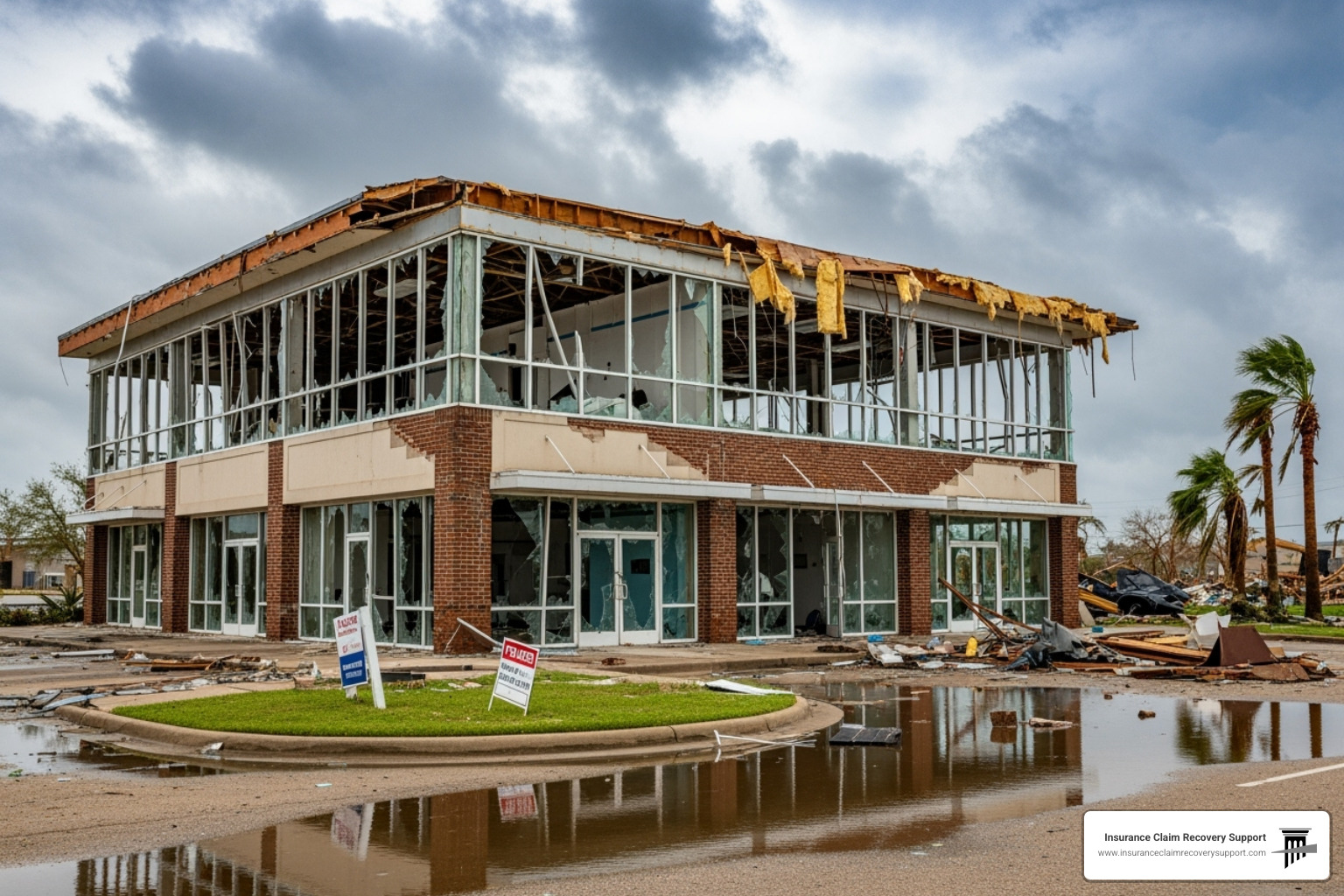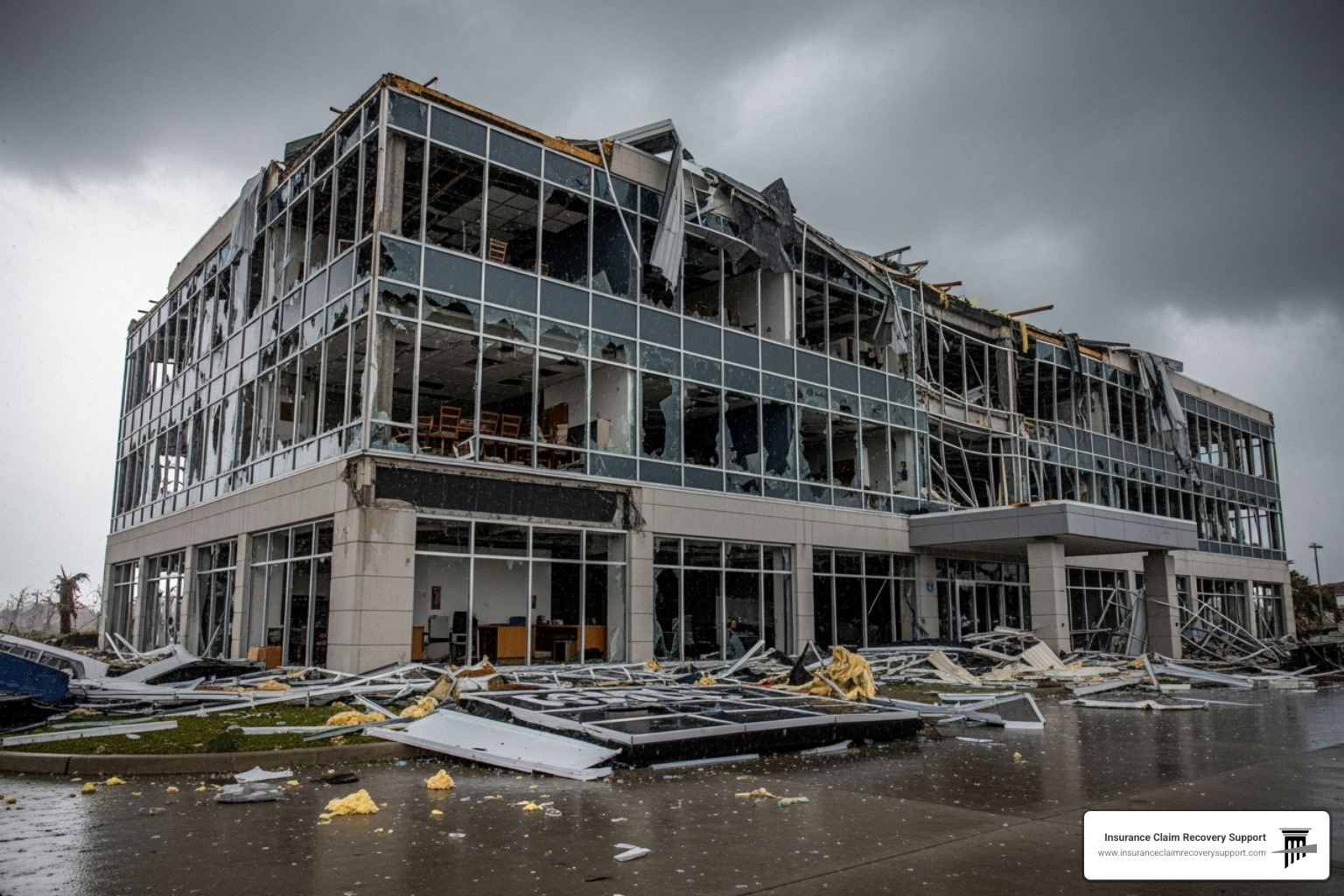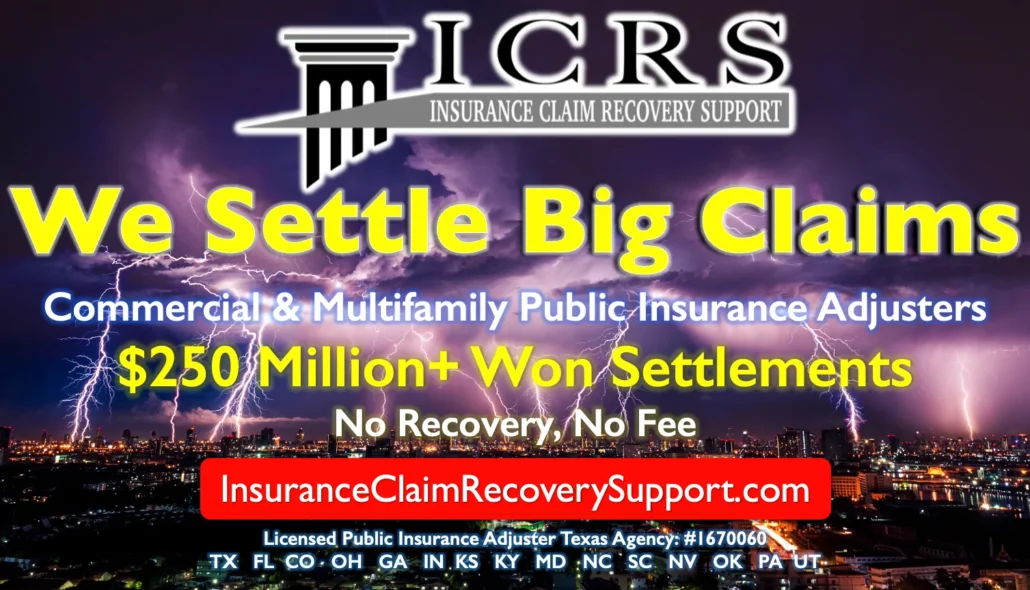The Challenges of Condo Insurance After a Tornado
Navigating a condo insurance tornado dispute can be overwhelming, but here are the key points you need to know right away:
- Multiple claims for the same storm.
- Complex interactions between different insurance policies.
- Potential for unfair denials and delayed claims.
- Local or federal aid options add extra complications.
Tornadoes can cause substantial destruction to condominiums, leading to complex insurance disputes. As a condo owner, you may find yourself entangled in complicated paperwork, multiple insurance claims, and frustrating setbacks. Understanding these issues upfront can help you prepare and navigate the post-tornado recovery process more efficiently.
I’m Scott Friedson, the CEO of Insurance Claim Recovery Support. With extensive experience handling condo insurance tornado disputes, I’ve helped countless policyholders overturn denied claims and secure fair settlements. Join me as we explore the ins and outs of dealing with condo insurance after a tornado, ensuring you get the compensation you deserve.
![Infographic detailing steps in handling condo insurance disputes]
(/infographic.png)
Understanding Condo Insurance Coverage in Tornado-Prone Areas
Condo Insurance Tornado Dispute
Dealing with a tornado’s aftermath is stressful enough without having to navigate the complexities of condo insurance. Let’s break down what you need to know about condo insurance tornado disputes.
Coverage Specifics
When it comes to condo insurance, there are typically two main policies in play:
-
Condo Association Master Policy: This policy usually covers the exterior of the building, roofing, common areas, and sometimes fixtures within individual units. For instance, the master policy might cover the building’s structure but not your personal belongings or interior improvements.
-
HO-6 Policy: This is the individual unit owner’s policy. It covers personal property, interior improvements, and sometimes additional living expenses if you’re displaced. HO-6 policies are crucial for covering what the master policy does not, such as your personal belongings and certain types of interior damage.
Policy Details
Understanding your policy details is key to avoiding disputes. Here are some specifics to look out for:
- Personal Belongings: HO-6 policies usually cover personal items damaged by a tornado. This includes furniture, electronics, and clothing.
- Interior Damage: Damage to interior fixtures like flooring, cabinetry, and appliances is often covered by your HO-6 policy, especially if these items were upgraded or installed by you.
- Additional Living Expenses: If your unit becomes uninhabitable, your HO-6 policy might cover costs like hotel stays, dining out, and increased commuting expenses.
Common Exclusions
Even the best policies have exclusions. Here are some common ones:
- Flood Damage: Tornadoes can lead to flooding, but flood damage is typically excluded from standard policies. You may need separate flood insurance.
- Tree Removal: If a tree falls but doesn’t hit your condo, the cost of removal might not be covered.
- Mold: Damage from mold due to delayed water damage repairs is often excluded.
Claim Filing
Filing a claim after a tornado involves several steps:
- Document the Damage: Take photos and videos of all damage. Keep detailed notes.
- Notify Your Insurer: Contact your insurance company as soon as possible to start the claims process.
- Submit Your Claim: Provide all necessary documentation, including estimates from contractors.
Dispute Resolution
Disputes can arise during the claims process. Here’s how to handle them:
- Review Your Policy: Understand what is covered and what isn’t. This can help you argue your case if your claim is denied or undervalued.
- Gather Evidence: Keep copies of all communications with your insurer and detailed records of all damages and repairs.
- Hire a Lawyer: If you’re facing unexplained delays or denials, a lawyer specializing in insurance disputes can help.
Policyholder Rights
As a policyholder, you have rights:
- Fair Treatment: Insurance companies must handle your claim fairly and promptly.
- Appeal Denials: You can appeal if your claim is denied. Know the process and deadlines for appeals.
- Seek External Help: If necessary, file a complaint with your state’s insurance department or hire a public adjuster or attorney to assist you.
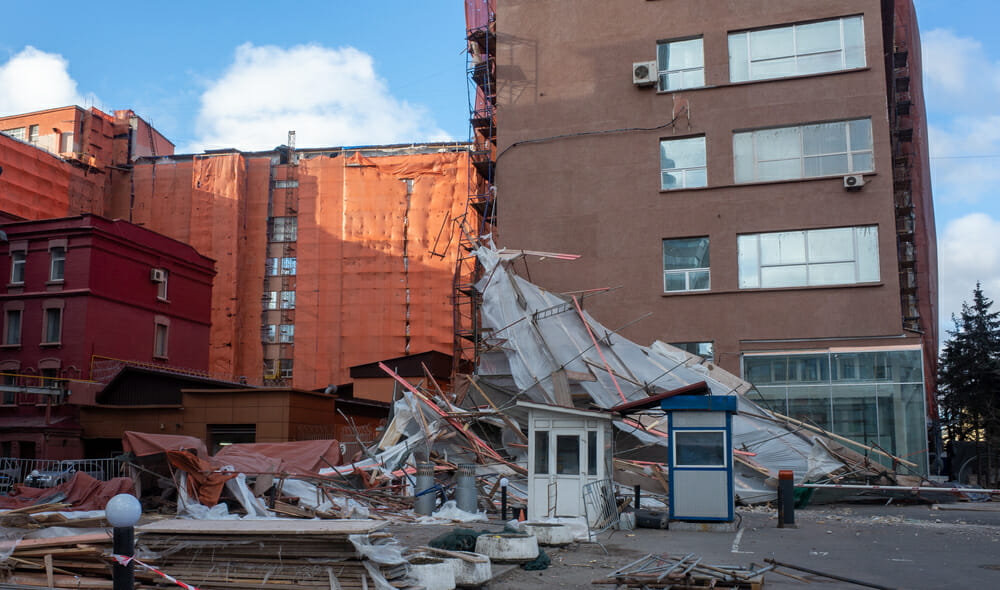
Understanding the ins and outs of your condo insurance can help you navigate disputes more effectively. Next, let’s discuss the immediate steps you should take right after a tornado damages your condo.
Steps to Take Immediately After a Tornado Damages Your Condo
Documenting the Damage
When a tornado hits your condo, the aftermath can be overwhelming. Knowing the right steps to take can make a huge difference. Here’s what you need to do immediately:
Safety Measures
-
Ensure Personal Safety: Before anything else, make sure you and your family are safe. Avoid hazards like downed power lines, sharp debris, and unstable structures. Wear sturdy shoes and gloves to protect yourself.
-
Check Structural Integrity: Only enter your condo if local authorities have declared it safe. Look for signs of structural damage like cracks in walls or ceilings.
-
Shut Off Utilities: If you suspect gas leaks or electrical issues, shut off the power, gas, and propane tanks—only if it’s safe to do so.
Damage Assessment
-
Initial Inspection: Conduct a preliminary assessment of the damage. Note any visible issues like broken windows, roof damage, or water intrusion.
-
Professional Inspection: For a thorough evaluation, get your condo professionally inspected. There could be foundational issues that aren’t immediately visible but need to be addressed.
Immediate Notifications
-
Contact Emergency Services: Keep the contact information for local emergency services handy. Report any immediate dangers.
-
Notify Your Insurance Company: Contact your insurance provider as soon as possible to report the damage. Filing promptly can prevent delays and ensure a smoother process.
-
Inform Your Condo Association: Notify your condominium association about the damage. They may have additional steps or resources to help you.
Photos and Videos
-
Document Everything: Take detailed photos and videos of all the damage from multiple angles. This visual evidence is crucial for your insurance claim.
-
Multiple Angles: Capture the damage from different perspectives to provide a comprehensive view. This helps in creating a clear record of the extent of the damage.
Detailed Notes
-
Keep a Damage Log: Write down all the damages you observe. Include descriptions, locations, and the date and time of your observations.
-
Record Communications: Make detailed notes and record all communications with your insurer. If your insurer disputes your claim, having detailed notes will be invaluable.
-
Maintain Receipts: Keep receipts for any temporary repairs or emergency expenses. These can be reimbursed under your insurance policy.
By following these steps, you can improve your chances of receiving fair compensation for your losses and help you recover more efficiently after a tornado.
Next, let’s dive into the claims process for condo insurance after a tornado.
Navigating the Claims Process for Condo Insurance After a Tornado
Common Challenges in Condo Insurance Claims
Dealing with condo insurance claims after a tornado can be overwhelming. Here are some common challenges you might face and how to tackle them.
Claim Submission
Submitting a claim properly is crucial. Start by reviewing your condo insurance policy to understand what’s covered. Document all damage with photos and videos. List every damaged item with details like purchase date and value. File your claim promptly to avoid delays. Contact your insurer as soon as possible to initiate the process.
Insurance Adjuster Interaction
Once your claim is filed, an insurance adjuster will inspect the damage. Be present during the inspection to point out all issues. Provide them with your documentation. Adjusters work for the insurance company, so it’s important to be thorough and clear about the extent of the damage.
Follow-up Procedures
After the adjuster’s visit, follow up regularly. Keep detailed notes of all communications. If additional damages are discovered later, inform your insurer immediately. Consistent follow-up ensures your claim stays on track.
Delays
Delays are common, especially after major storms when many claims are filed. Insurance companies might take longer to process your claim. To minimize delays, ensure all your documentation is complete and submitted promptly. Keep in regular contact with your insurer and adjuster.
Underpayment
Insurance companies often undervalue claims. They might estimate repair costs lower than actual expenses. Obtain multiple repair estimates from licensed contractors to support your claim. If the insurer’s offer is too low, you can negotiate or hire a public adjuster to advocate for you.
Denials
Sometimes, claims are denied. Reasons can include claiming the damage was pre-existing or due to poor maintenance. If your claim is denied, review the denial letter carefully. You have the right to appeal. Gather additional evidence and consider hiring a tornado damage lawyer to help dispute the denial.
Navigating a condo insurance claim after a tornado can be complex. Understanding these common challenges and knowing how to address them can make the process smoother and increase your chances of a fair settlement.
Next, let’s explore the legal considerations and when to seek professional help.
Legal Considerations and When to Seek Professional Help
Insurance Claim Recovery Support
Navigating the aftermath of a tornado can be overwhelming. Understanding the legal aspects of your condo insurance claim is crucial. Let’s break it down.
Insurance Law
Insurance policies are legal contracts. They contain complex language and stipulations that can be hard to interpret. Knowing your rights as a policyholder is essential. For instance, did you know that your insurer must act in good faith when handling your claim? This means they have to investigate, process, and pay valid claims promptly.
Hiring a Lawyer
If your claim is large or complex, hiring a lawyer might be necessary. According to Lyle Solomon, a principal attorney at Oak View Law Group, “Hiring a lawyer becomes essential in cases where there is a huge claim amount, when the fault is difficult to establish, or when there is a huge difference in the amount you want and the claims adjuster quotes.”
A lawyer specializing in insurance disputes can:
- Review your policy and explain your coverage.
- Help you gather and present evidence.
- Negotiate with your insurer on your behalf.
Dispute Escalation
Sometimes, insurers deny or underpay claims. If this happens, you can dispute their decision. Start by reviewing your insurance policy and gathering evidence. Communicate clearly and politely with your insurer, explaining why you believe their decision is incorrect. If this doesn’t resolve the issue, it’s time to escalate.
Advocacy for Policyholders
Insurance Claim Recovery Support specializes in helping policyholders like you. They understand the tricks insurers use to delay or deny claims. Their team of experienced public adjusters works to ensure your claim is not undervalued or unfairly denied.
For example, a homeowner in Dallas faced $50,000 worth of tornado damage. By meticulously documenting every aspect of the damage and negotiating with the insurer, they secured a settlement that fully covered their repair costs, minus the deductible.
Maximizing Settlements
Maximizing your settlement isn’t just about getting more money. It’s about having the resources to rebuild and recover. Here’s how Insurance Claim Recovery Support helps:
- Detailed Inspections: They inspect and document all damages meticulously.
- Professional Representation: They represent you in negotiations with your insurer.
- Fair Settlements: They ensure every aspect of the damage is accounted for in your claim.
By understanding the legal aspects and seeking professional help when needed, you can navigate the condo insurance claims process more effectively and ensure a fair settlement.
Next, let’s address some frequently asked questions about condo insurance and tornado damage.
Frequently Asked Questions about Condo Insurance and Tornado Damage
Does Condo Insurance Cover Wind Damage?
Yes, most condo insurance policies cover wind damage caused by tornadoes. This typically includes damage to the structure of your unit and personal belongings inside. However, the specifics can vary based on your individual policy and the master policy held by your condominium association.
For example, HO-6 policies generally cover the interior of your unit, including personal property and any structural improvements you’ve made. The condo association’s master policy usually covers the building’s exterior and common areas.
It’s crucial to review both your personal policy and the master policy to understand what is covered. If you have questions, your insurance agent can provide clarity.
What Are the Typical Costs Associated with Tornado Damage to Condos?
The costs associated with tornado damage can be significant and vary widely depending on the extent of the damage. Here are some typical costs you might encounter:
-
Structural Repairs: Rebuilding or repairing the damaged parts of your condo can be costly. This might include walls, ceilings, and floors. The average cost can range from a few thousand dollars for minor repairs to tens of thousands for extensive damage.
-
Personal Property Replacement: The cost to replace personal belongings like furniture, electronics, and clothing can add up quickly. An HO-6 policy typically covers these items, but the payout depends on whether your policy covers actual cash value or replacement cost.
-
Additional Living Expenses (ALE): If your condo is uninhabitable, you might need to stay in a hotel or rental property. ALE coverage can help with these expenses, which might include hotel bills, meals, and additional transportation costs.
-
Deductibles: You will need to pay your deductible before your insurance kicks in. This could be a standard deductible or a specific windstorm deductible, which is often a percentage of your insured value.
How Can Policyholders Dispute Unfair Claim Denials?
Disputing unfair claim denials can be daunting, but you have rights and options. Here’s a step-by-step guide to help you through the process:
-
Review Your Policy: Understand what your policy covers and ensure the denial is not due to a misunderstanding.
-
Gather Evidence: Collect all documentation related to your claim. This includes photos, videos, receipts, and any communication with your insurer.
-
Request a Written Explanation: Ask your insurance company for a written explanation of why your claim was denied. This will help you understand their reasoning and identify any errors.
-
File an Appeal: Most insurance companies have an appeals process. Submit a formal appeal along with all your evidence and a clear explanation of why you believe the denial is unfair.
-
Consult a Public Adjuster or Attorney: If your appeal is denied, consider consulting a public adjuster or an attorney who specializes in insurance claims. They can provide expert advice and represent you in negotiations with your insurer.
-
File a Complaint: If you believe your insurer is acting in bad faith, you can file a complaint with your state’s insurance department.
By following these steps, you can effectively dispute unfair claim denials and work towards a fair settlement.
For more detailed advice, consult with professionals like Insurance Claim Recovery Support, who can guide you through the process and help maximize your settlement.
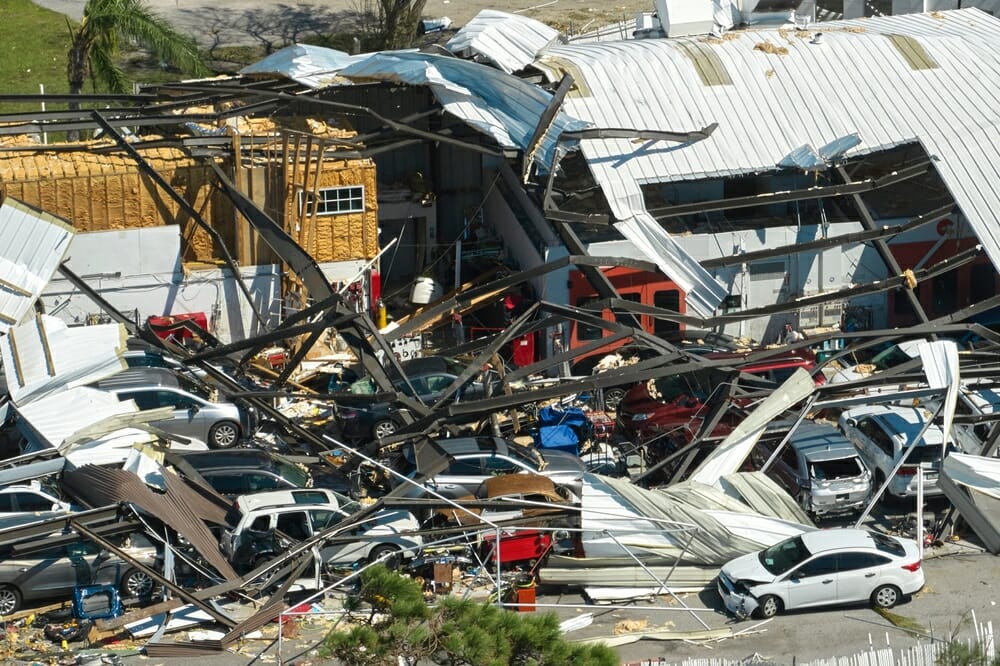
Conclusion
Review Your Policy Annually
One of the best ways to prepare for potential tornado damage is to review your condo insurance policy annually. Policies can change, and you need to be aware of what is covered and what is not. Make sure your policy includes adequate coverage for wind and tornado damage, and consider additional coverage for debris removal and loss of use. This proactive step can save you from unexpected surprises when you need to file a claim.
Importance of Professional Help
Navigating a condo insurance tornado dispute can be overwhelming, especially when you’re also dealing with the emotional and physical aftermath of a tornado. Hiring professionals can make a significant difference. Public adjusters, legal experts, and specialized insurance claim firms can help you understand your rights, document your losses, and negotiate with your insurer. Their expertise can prevent undervaluation, delays, and unfair denials, ensuring you get the compensation you deserve.
Insurance Claim Recovery Support
At Insurance Claim Recovery Support, we specialize in helping condo owners navigate the complexities of insurance claims after tornado damage. Our team of experts will meticulously document all damages, advocate on your behalf, and work tirelessly to maximize your settlement. We understand the challenges you face and are committed to making the claims process as smooth and stress-free as possible.
For more information on how we can assist you with your condo insurance claim, visit our Tornado Damage Claim page.
By reviewing your policy regularly and seeking professional help when needed, you can better protect yourself and your property from the devastating effects of tornadoes. Don’t wait until it’s too late—take action now to ensure you’re fully covered and prepared.

